Parliament, polarisation, political class and the public vote
Modern, pluralistic democracy and its fundamental principle of popular sovereignty cannot be achieved without political parties or, to be more precise, without a party political system.
The size of the population, the complexity of social control mechanisms and the need for various, sometimes very opposing, opinions to find permanent representatives makes the democratic formation of will and decision-making based on the model of the people’s assembly or the Athenian polis assembly an impossibility.
“Popular sovereignty”, as the result of the direct encounter between government and autonomous citizens, as a process between stakeholders dealing with one another directly so that pending issues are discussed and decided upon in lively public debate by a society mindful of social solidarity, is impossible if the state is no longer a city or a small region.
Switzerland’s very special form of democratic governance also requires political parties.
The years in which the national parliament, the actual forum and objective of modern party formation, is elected and renewed, are consequently of great importance.
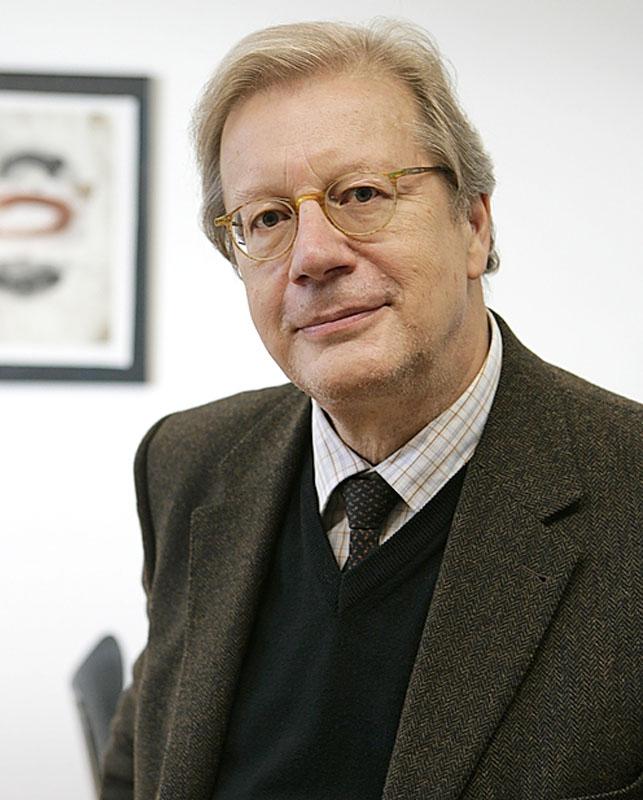
Admittedly, in considering the Swiss situation, parliamentary elections cannot be discussed without taking account of the impact of the people’s rights which constantly traverse Swiss parliamentary democracy.
This is clearly evident in three respects: firstly, with regard to the ‘classe politique’; secondly, in the analysis of our political system, which is essentially based on concordance but is facing increasingly acute polarisation trends; and, thirdly, in addressing the issue of the nation’s collective identity which has been exigent for some years now.
Polemical
The term “political class” is a polemically applied category but also the designation of a sociological fact.
In a society which places demands on its leadership roles that can no longer be met through part-time engagement but instead only with great time commitment and personal specialist knowledge, a group inevitably has to emerge to professionally perform the functions of the political system (which also includes the upper echelons of the judicial system and the public administration).
It is not possible to explore this in detail here. However, it is evident that a mandate as a member of the House of Representatives cannot be combined with a full-time position in another profession.
Group-specific interests do, of course, quickly emerge as a result of such professionalisation, and this is recognised by everyone concerned with the ‘res publica’.
“After the elections everything remains as before the elections” – “All politicians only want to serve the wishes of their electorate” – “These people are ultimately only concerned with personal gain”, etc. are examples – in characteristic progression – of the polemical conclusions which the “people” (and above all their self-declared advocates) draw, usually much too quickly, from the fact that politicians have become professional.
Buzzword
And the state of affairs in contemporary society has produced the populist buzzword of ‘classe politique’ as the name for an upper stratum of people who unashamedly profiteer from democracy.
The disappearance of amateur politicians, who are deserving of the title, is certainly a serious problem for a nation long committed to the notion of part-time contributions from more or less unpaid civic volunteers.
Furthermore, the trend demonstrated by the political economy whereby public interest orientation is sacrificed if it no longer concurs with personal professional interests is undeniable.
‘Classe politique’ – used critically – denotes decadent developments which can be observed in many parts of the world.
Somewhat different, however, is the use of this category to discredit those people who, for commendable reasons, have dedicated themselves to the work undertaken at the national parliament as part of (semi) direct democracy.
Disdain
The disdain now inextricably associated with the term ‘classe politique’ almost always appears in conjunction with simultaneous praise for citizen’s rights.
This is because these are seen as the remedy to the self-seeking of false elites.
This sort of thing is often heard in the election campaign getting under way.
Such sentiment is dangerous, extremist and untypical of Switzerland.
On the one hand, such rhetoric undermines the trust of the public in their representatives and, on the other, turns people’s rights, a single element of our constitution that only works well in the overall context of the carefully balanced system of institutions, into the be-all and end-all.
Thirdly, it disguises the fact that its critics are also part of the professional political class.
Polarisation
Polarisation has become a dominant trait of domestic Swiss politics over the past 20 years.
Intended to ensure balance the previous Swiss system of concordance democracy has, since the turn of the century, increasingly been transformed into a dissenting community which only grudgingly achieves the compromises demanded by institutional structures.
A good example is the ongoing dispute over the interpretation of the “magic formula”, the row over the party political allocation of the seats in the seven-member cabinet.
Various reasons exist for the change in the nation’s political culture.
The most significant is probably the changed perception of Switzerland’s position in the European state system after the epochal watershed of 1989.
The small neutral country universally respected, which undoubtedly belonged to the West, became the outsider nation whose reputation no longer entirely concurred with its economic significance.
Switzerland’s new position in Europe is a key factor in the debate over the nation’s collective identity and provides an explanation for the remarkable increase in (successful) people’s initiatives over the past decade.
The role of citizen rights in the state of Swiss domestic politics has thus once again come to the forefront.
While referendums – the opportunity to throw out a law approved by parliament through nationwide decision-making – inevitably ensured consensus in the post-war period of 1945 to 1990 (only laws “fit for referendum” made through compromise had a chance of succeeding at the ballot box).
Switzerland is today overshadowed by fierce disputes over emotionally charged initiative proposals.
Digital media
The fact that constitutional initiatives are easier to orchestrate and win than before in the new media democracy environment is explained by technological factors amongst others. The mobilisation of support is easier to achieve digitally than with the old analogue media.
In addition, one of the political parties, the Swiss People’s Party, is in any event extremely well organised.
It possesses a powerful apparatus which operates with instinctive understanding for those collective moods which are not easily reconciled with official politics – moods which are often an expression of anxiety and anger over general social developments, collective sentiments which are not directly political but can be politicised.
The people therefore become the antithesis of the ‘classe politique’, and the People’s Party perceives itself as their guardian and mouthpiece to express their needs.
The price of this strategy, which often sees over half of the electorate support the People’s Party, is nevertheless the aforementioned polarisation and therefore the dissolution of the long-practised consensus procedures which made the nation politically predictable, accordingly dull and, in many respects, economically attractive.
That is not a criticism but an observation.
It is explained by the fact that the post-industrial transformation of civilisation, which further accelerated after the end of the Cold War, undermined the nation’s traditional political culture and brought it into stark contrast with the previous functional requirements of its institutions.
The forthcoming election campaign and its outcome are therefore also a plebiscite on the People’s Party’s political agenda and on Switzerland’s political culture which is therefore under scrutiny.
Identity
“Who are we?” – This is the question that underlies to a greater or lesser extent all of the main points of contention in the 2015 election year.
Due to the political framework conditions, which means the continental ones, to which Switzerland – situated at the heart of Europe – is exposed, this question must be answered more explicitly than in the past.
This is because the old definitions – a point of reference for Switzerland and its foreign and domestic policies – have become fragile.
Too many facts seem to contradict the established and entrenched notions of identity.
Switzerland as an armed, neutral and republican society that does no harm to anyone.
A small state whose citizens do business worldwide but at the same time live on the autonomous rock of their very own democracy, on a small planet, so to speak, which cuts itself off from the rest of the world – can such a perception be in keeping with the times?
At the 2015 parliamentary elections, voters will voice their opinions on this matter one way or the other.
It just remains to be seen whether they do so in a harmonious or in a discordant manner.
This article was first published in the Swiss Review, the magazine of the Swiss Abroad. The author’s opinion does not necessarily represent the views of swissinfo.ch.
Opinion series
swissinfo.ch publishes op-ed articles by contributors writing on a wide range of topics – Swiss issues or those that impact Switzerland. Over time, the selection of articles will present a diversity of opinions designed to enrich the debate on the issues discussed.

In compliance with the JTI standards
More: SWI swissinfo.ch certified by the Journalism Trust Initiative










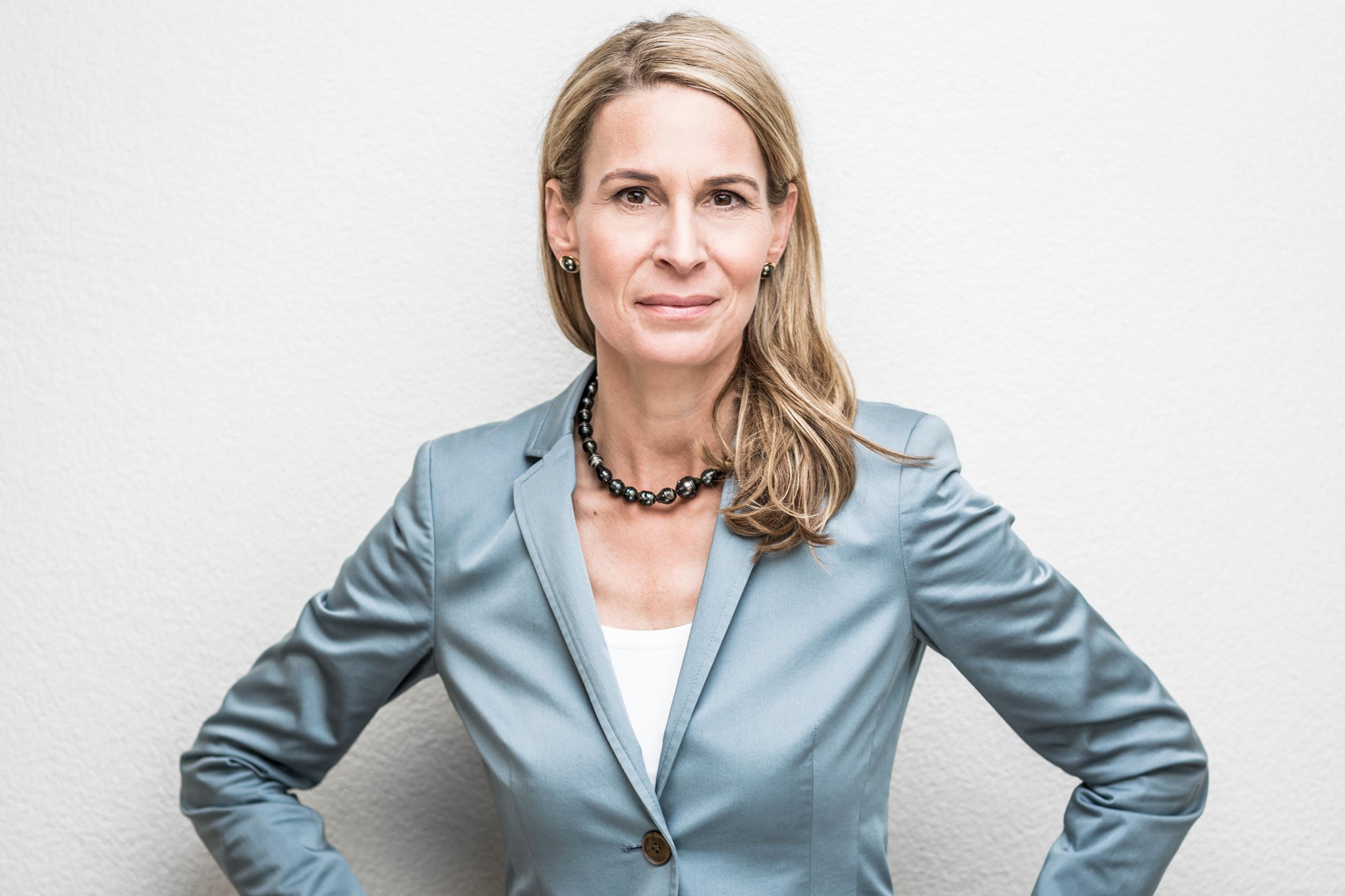
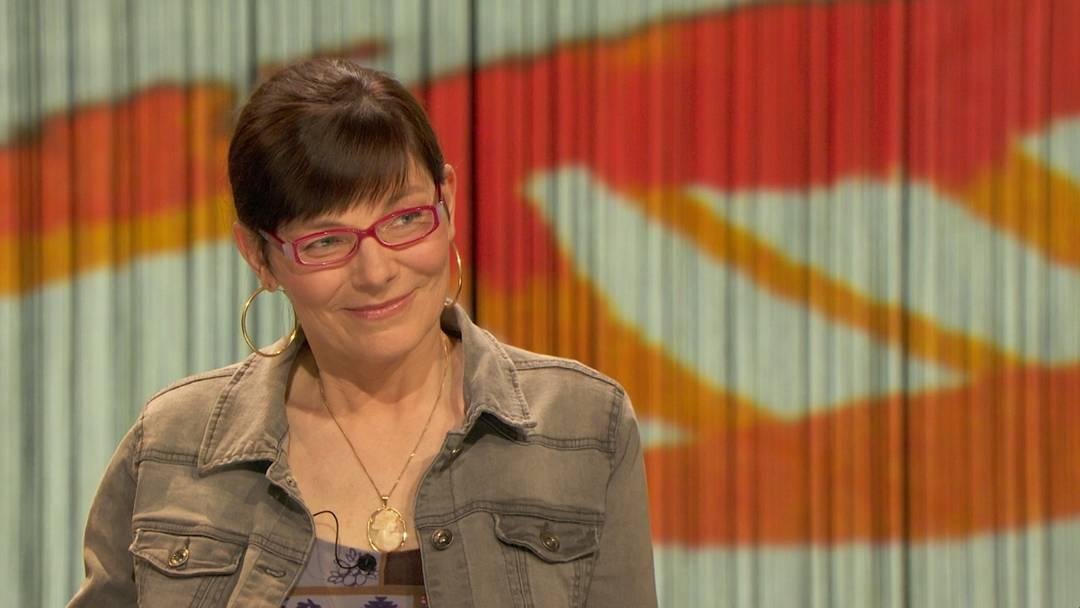
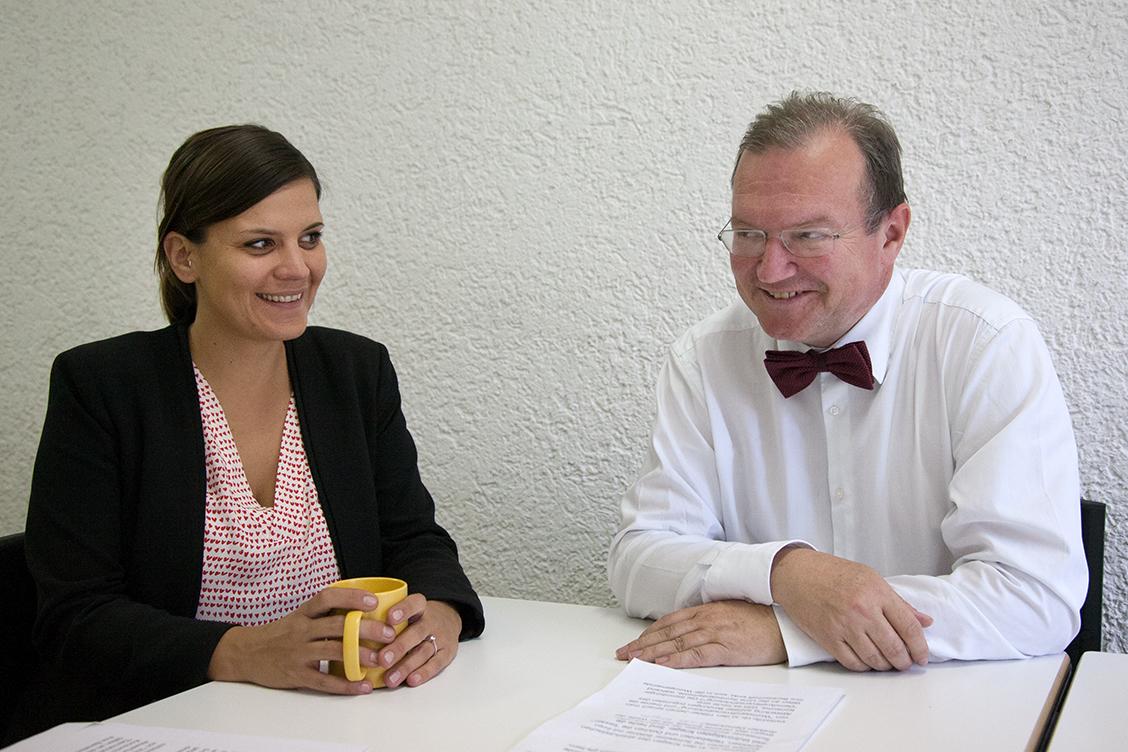
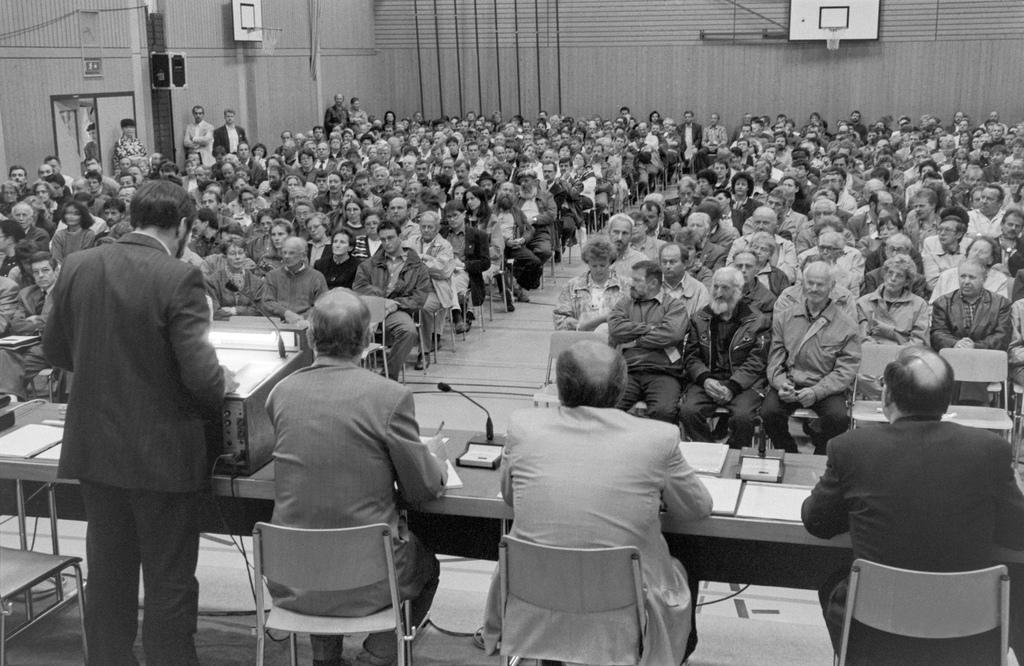
You can find an overview of ongoing debates with our journalists here . Please join us!
If you want to start a conversation about a topic raised in this article or want to report factual errors, email us at english@swissinfo.ch.